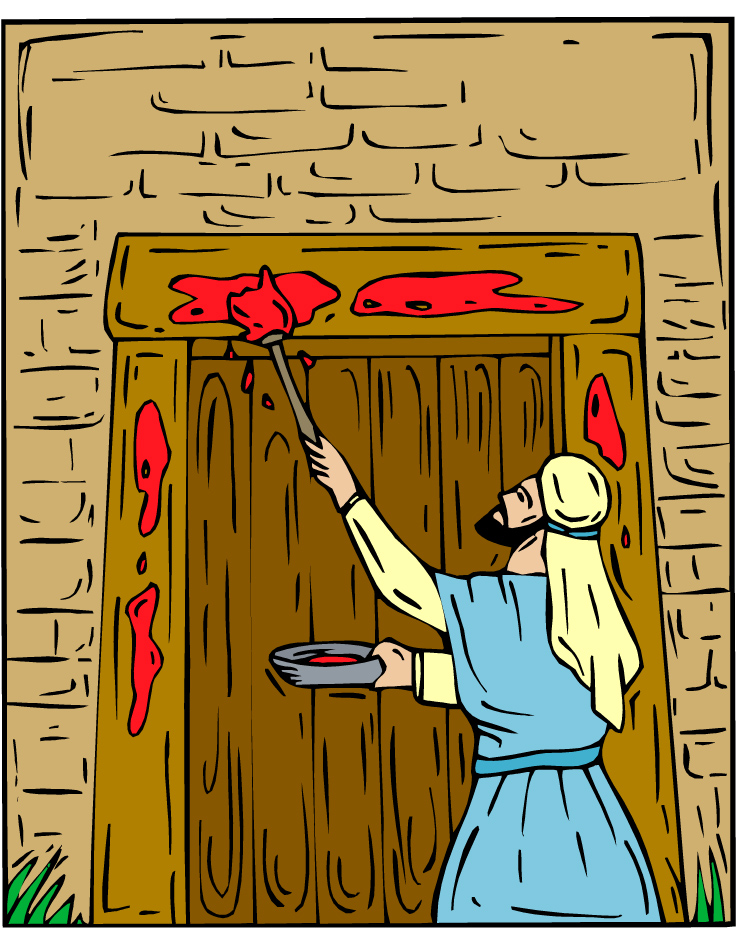Leviticus 17:10, Eats any blood. This prohibition is so serious that the Torah repeats it three other places (Lev 3:17; 7:26; 17:14), and the apostles make it one of the four requirements imposed on new Gentile converts before allowed into the fellowship of believers (Acts 15:29). This law was so serious that not only was it imposed on the children of Israel, but upon the strangers that sojourned with them as well (Lev 17:10). The penalty for doing so was basically capital punishment—to be cut off from Israel (vv. 9, 14).Why is the eating of blood so onerous in the eyes of Elohim? The context of this verse involves prohibitions against the demonic practices of the neighboring Baal-worshiping heathens. Eating and then the letting of blood was something that figured prominently in the demonic religious rituals of the heathens and is something YHVH wanted to keep his people from practicing. (For a further discussion of this, see notes on Lev 17:1–14.) In YHVH’s spiritual economy, blood was to be reserved exclusively for the atonement of sin and was to be respected as such.
Leviticus 17:11. The blood. Long before modern science confirmed this in the seventeenth-century, YHVH revealed in the Torah that the life of flesh is in the blood.
Leviticus 17:11 is a crucial scripture theologically regarding the blood atonement. Presently, the Jewish religion offers no hope for its followers in light of this passage, since they deny the only means by which humans can have their sins atoned, namely, through the blood of Yeshua the Messiah. For believers in Yeshua, the message of Messiah and him crucified addresses this issue. The importance of the blood of the Lamb in the atonement for sins as well as in overcoming sin, sickness (1 Peter 2:24) and the powers of hell (Rev 12:11) cannot be over emphasized. How thorough is your understanding of the power of the blood? Do you appropriate this power on a regular basis in your life? The power of the blood is central to the efficacy of the communion elements and specifically to the concept of redemption. The concept of the blood of Yeshua is central to the gospel message with some 50 references to it in the Testimony of Yeshua. Such terms are used as “blood of the Lamb,” “blood of Messiah,” “precious blood of Messiah,” “blood of the everlasting covenant,” “redemption through Messiah’s blood,” “blood of His cross,” “communion of the blood of Messiah,” “faith in his blood,” and “purchased with his blood.” Is the reality of the blood of Messiah central to your faith walk? How so? If not, why not? (Read and ponder Matt 26:28; Eph 1:7; Heb 9:12, 22; 10:19; 12:24; 1 Pet 1:2, 19; 1 John 1:7; Rev 1:5; 7:14; 12:11.)



“We” (all) broke the blood covenant and whosoever breaks a blood covenant pays with his blood. Here our Yeshua, salvation, dies and sheds His blood on our cross, with our nails, for our sins. “I scarce can take it in” as is sung in Amazing Grace. 1John 5:8
Amein!